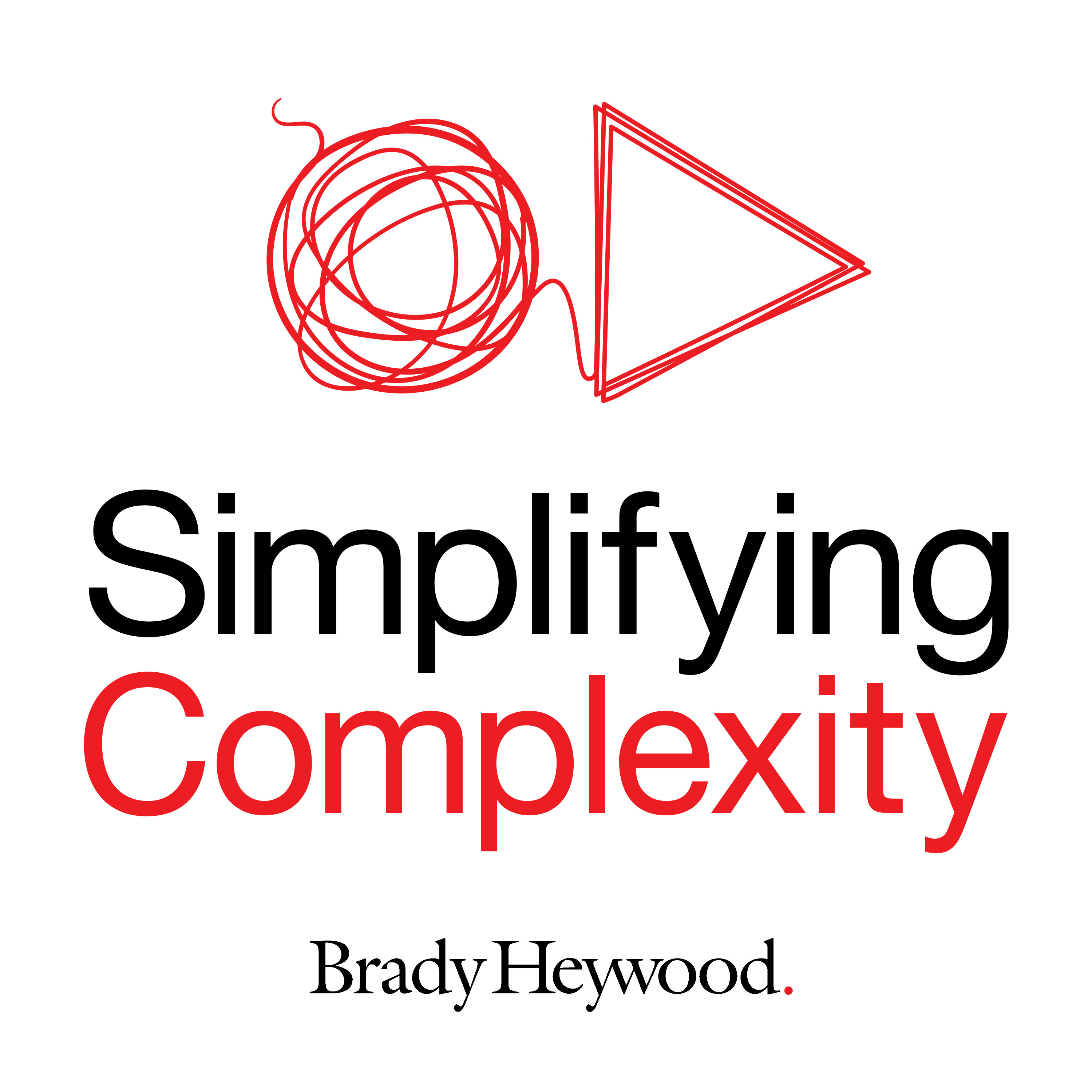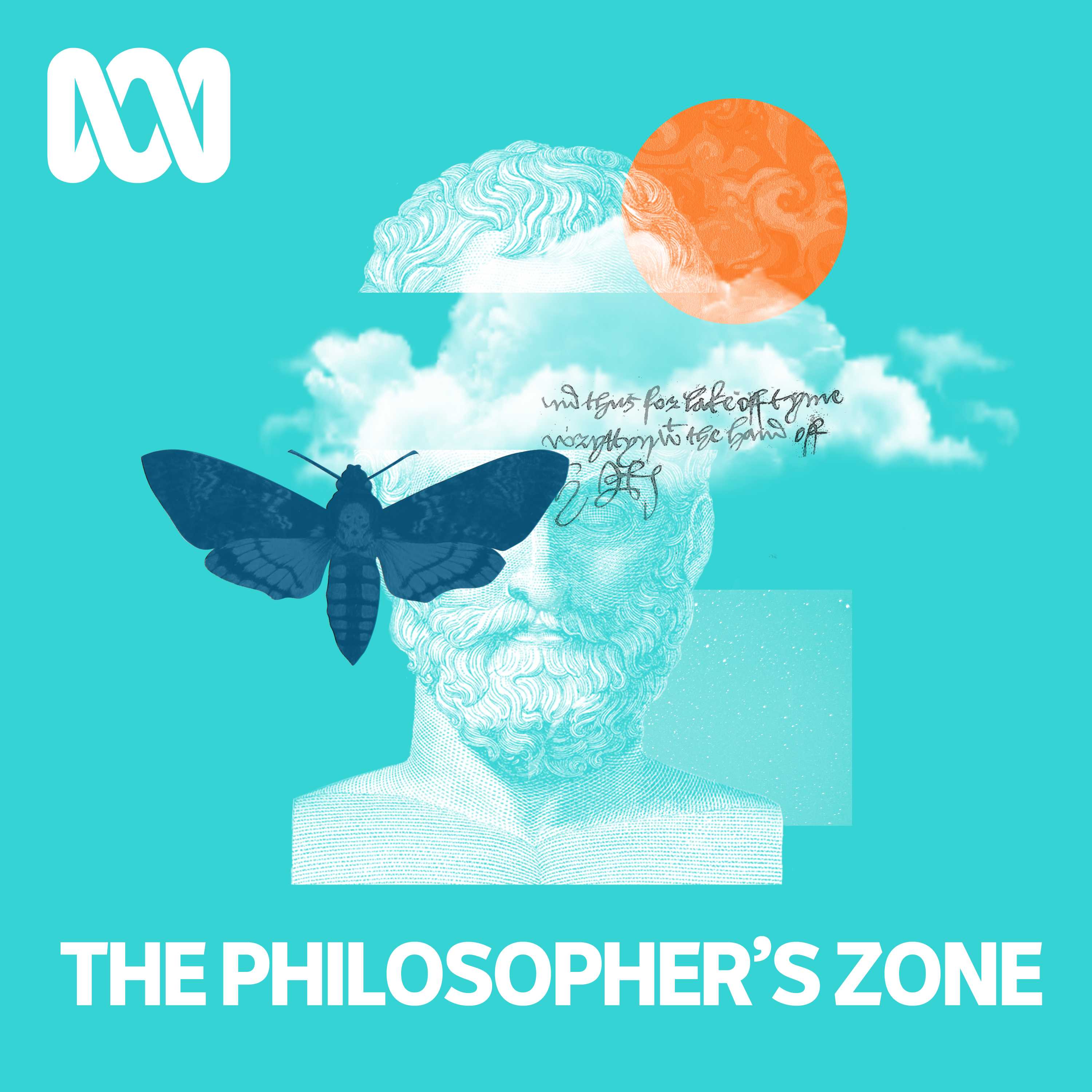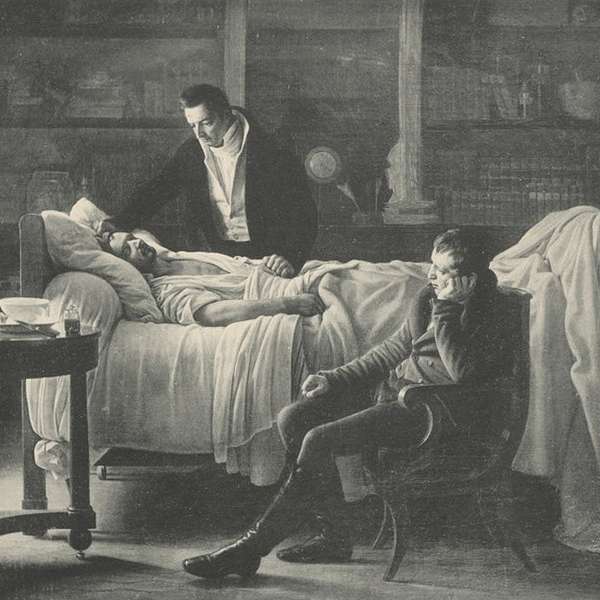
The HPS Podcast - Conversations from History, Philosophy and Social Studies of Science
Leading scholars in History, Philosophy and Social Studies of Science (HPS) introduce contemporary topics for a general audience. Developed by graduate students from the HPS program at the University of Melbourne.
Lead Hosts: Thomas Spiteri (2025) and Samara Greenwood (2023-2024).
Season Five is now here! Episodes released weekly. More information on the podcast can be found at hpsunimelb.org
The HPS Podcast - Conversations from History, Philosophy and Social Studies of Science
S2 Ep 0.5 - Season 2 Intro Episode
Welcome to season 2 of the HPS Podcast! To ease you into a new season, Samara and Indigo sit down to reflect on the first season.
They take a look at how the season performed, with listernership outstripping their expectations, both in terms of numbers and global reach.
They discuss what we have to look forward to in season 2, with new events, guests and topics.
But most importantly, it is a chance to catch back up with your two favourite podcast hosts before they are swept away into the whirlpool of podcasting for another 12 weeks
Thanks for listening to The HPS Podcast. You can find more about us on our website, Bluesky, Instagram and Facebook feeds.
This podcast would not be possible without the support of School of Historical and Philosophical Studies at the University of Melbourne and the Hansen Little Public Humanities Grant scheme.
Music by ComaStudio.
Website HPS Podcast | hpsunimelb.org
Indigo Keel: [00:00:00] Hello everyone and welcome back to the HPS podcast. To begin season two, Samara and I thought we would spend a bit of time reflecting on season one, discussing what we enjoyed, what we've learned, and what we hope we will get out of season two.
Samara Greenwood: Hey Indi, how are you?
Indigo Keel: Hello Samara, I'm very well.
Samara Greenwood: So season one has been a great success.
Indigo Keel: It has been. I really didn't know what to expect going into it. I didn't know how it would be received, how many listeners we were going to have, but really it has blown up more than I ever thought it would.
Samara Greenwood: We've been getting lots of great feedback, but I thought we might start with hearing about some stats. Who doesn't love numbers? We've had thousands of downloads so far, and it's been growing even while we've been on hiatus. We've had episodes downloaded from all around the world. As of now, it's been 59 different countries and 494 different cities. That's a lot of cities.
Indigo Keel: That is a lot of people listening to a podcast being produced in Australia.
Samara Greenwood: [00:01:00] Definitely. And now with personal feedback, I don't know about you, Indi, but I've had some lovely feedback from people writing in as well as on social media about the podcast. So I thought listeners might be interested to hear. We had one person who actually works in the public awareness of science, and she said that being introduced to the concept of disunity of science, which was our second episode with Kristian Camilleri.
It gave her the language for what she'd observed in her own practice. Which I think is pretty awesome. Also, I had a lecturer in environmental sciences and he said, again, a lovely quote from him, the variety of guests and topics is great. And each episode I'm left with some ideas to think deeply on within the context of my own work.
Brilliant job. Brilliant job. He said that we're doing all right. Hey.
Indigo Keel: And I'm glad to hear it.
Samara Greenwood: On social media, we've also been getting some great feedback too. The key feedback I'm getting is that people really love the content, which is fabulous. They also like the short length of the episodes. But so that 20 to 30 minutes seems to be really [00:02:00] great.
I've also been getting great feedback about our production values, which I am personally am very pleased to hear. That's something we've really worked hard on, isn't it, Indi?
Indigo Keel: And something that I certainly didn't have any experience in before I started this. So it's very much been a learning on the job type of situation. I'm glad to see that I have gotten somewhere.
Samara Greenwood: Excellent. Me too. And we have the benefits at Melbourne Uni of having podcast booths to record in,, as well as learning to do it over Zoom with various contraptions to make it sound a little bit okay. , but of course it's the editing. That really makes the difference.
How many hours do we put into editing, Indi?
Indigo Keel: Too many. Getting my head around Audacity, which I have previously used back when I was a linguistic student, but not for podcast editing. And that has really changed.
Samara Greenwood: It's been a process to really learn how to make us sound, both the interviewees and the interviewers, as nice and crisp and punchy as possible. Right?
Indigo Keel: Getting the editing right is the real magic of it all.
Samara Greenwood: A quirkier piece [00:03:00] of feedback I've had, though, was about my pronunciation. So, sometimes it's because I'm Australian. Sometimes it's just because I pronounce things wrong. What could I add in for next season to make this interesting? And Simine, one of our wonderful interviewees, asked if we could slip in the word garage.
Indigo Keel: Garage.
Samara Greenwood: Garage. Not garage? Or, how else would you say it? Anyway, there you go. That's that little bit extra slipped in there for you. What kind of feedback have you had, Indie?
Indigo Keel: In person, people have been really pleased with the fact that the episodes are short, they're accessible, and that they're then able to go off and learn more about topics or consider topics more in their own time.
That's been the feedback that I've gotten the most. And I think it's honestly what we set out to do, so hearing that we're meeting that goal of being able to introduce people to all of these different topics in an easy way is great.
Samara Greenwood: For sure. And the scientists that I've spoken to have said that their episodes often make them think about things in their own work, which are often in a [00:04:00] completely unrelated field and in ways that perhaps none of us could imagine.
This is really pleasing again, because I think that was one of our goals really, wasn't it? Yeah, to introduce what we think are great topics, but see how maybe they could be spread and thought of in different ways, in different locations for different purposes.
Indigo Keel: My family, the kids that I nanny for, they've all listened to the episodes, but the first question was always, am I going to be able to understand any of it?
It's like, I really hope you will be. And if you're not, then that means that we have to change something about it because the whole idea behind it is that everyone is able to listen to it and get a good introduction into a topic, which is near and dear to us. But, quite niche, not a lot of people are dealing with it on the day to day, and so if we're able to get as many people as possible listening to it, thinking about it, and understanding it right off the bat without any of the background theoretical knowledge, that's perfect.
Samara Greenwood: Exactly. So, Indi, what have you enjoyed about the podcast?
Indigo Keel: I have enjoyed just the [00:05:00] building of skills and networking. So I'm still an undergraduate student. I've not been going to conferences. I've not published anything. So prior to the podcast, my interactions with HPS has been limited to the uni Melbourne HPS department, which is great.
Love those guys. But being able to reach people from other universities from across the world has been really interesting. It's been really rewarding. To the point where I've had people whose papers I've read, follow us on Twitter. I've interviewed a couple of them now. And that's not something that I thought I'd be doing at an honors level either.
That was something that you did during your PhD or like years later. And so being able to do that has been so exciting. And then on top of that, just building my skills, like Samara and I built the website together. We've been running the social media. We've been editing. And this is all stuff that doesn't have anything to do with any of my previous jobs.
But now I have these skills. So the whole thing has just been a really rewarding learning [00:06:00] experience. It's been awesome.
Samara Greenwood: Excellent. Now, you're going to be doing half of the interviews in Season 2. How are you feeling about that?
Indigo Keel: Uh, spoiler alert, we have already started on some of them. But they've been lovely.
I really enjoyed the interviews I did in Season 1. And I think they have been well received. Simine's has really been a favorite, especially because it was so topical, but interviewing people, we've got some people from the university, we've got some from further afield. And I think there's a really interesting array of topics.
So I'm really looking forward to you all being able to listen to them.
Samara Greenwood: And thank you so much for sharing the load. Season one did take up quite a lot of energy and time, so it's lovely to be able to share that interviewing with you a bit more. On another topic, how is your honours thesis going?
Indigo Keel: It's going well.
The deadline creeps ever nearer, but I'm feeling good about it. I feel like I've got something interesting to say. I've really enjoyed researching, really enjoyed writing, and I'm [00:07:00] also really looking forward to it being done. What has your favorite part of this whole experience been so far?
Samara Greenwood: Very similar to you.
Getting to talk to such a range of people and getting to hear what drives them. I really love the backstories. I don't know how everyone else feels about it. I've had some good responses, but I feel it's nice to hear the story behind the academics or behind the paper or the concept. I think it gives a personal dimension, but I also think it ties into what a lot of history and philosophy of science does, which is put some background around what can often be very abstract, dry science.
It's not just what they're doing in their job, but how they got there, the past, the future. And so I've been really enjoying that. Like you, I've also enjoyed the learning curve, learning the technology, learning the editing skills, even learning the social media side of things, which I'd done in bits and pieces before, but not really in this more concentrated kind of way.
And getting engaged in some interesting conversations through that has been something unexpected as well, [00:08:00] which is really nice. I also wanted to say we're now on Blue Sky. For those that are listening, I found this a really great platform. There are so many wonderful historians of science and philosophers of science.
One big tip, if you just follow Elissa Bukolic, a wonderful philosopher of the geosciences. She absolutely is on top of everything blue sky. She's the one to want to get to know their one thing I would like us to look at in the future and just putting it out there into the podcast atmosphere is that I would love to have more avenues of reach into the science community. A lot of what I've been getting is very incidental. The people that have contacted me that are scientists either know me personally or have accidentally come across the podcast, which is fantastic that they're coming across it in an accidental way, but I would love it if we could target getting a broader scientific audience.
I'm just not entirely sure how we do that. So if people have got ideas or wanna help us out on that front, that would be great. Please get in touch.
Indi, what about [00:09:00] you? Have you got hopes for the future of the podcast?
Indigo Keel: I'm just excited to have some new topics in season two, new voices on the podcast. I would just like to see us reach more people, both in a numbers way, but also the more people that can learn about HPS the better, in my opinion.
I might be biased. How's your PhD going tomorrow?
Samara Greenwood: Going well. I did just spend a week away on a bit of a personal writing retreat, which was just fabulous. I definitely want to schedule some more of those in the future. It just seemed to really boost my productivity. At the moment, I've been going through some oral history interviews I've done, and they're just so fascinating.
It just really gets all the thinking juices going. Is that a thing? Thinking juices?
Indigo Keel: Creative juices.
Samara Greenwood: Creative juices. Sounds a little less disgusting. Yes. So I've been really enjoying really getting to the thick of that primary research. We'll have to do another episode with you once you've finished it and see how it all panned out [00:10:00] in the end.
And that will be a day. You were saying how you were looking forward to the end of the honours. The end of the PhD is still a little while off for me, and I do wonder what that day will feel like. I've heard that sometimes it's a bit of a letdown, you know, like an anti climax, so who knows.
Indigo Keel: We will celebrate and you will feel relief and pride, I think will be the main two emotions.
Samara Greenwood: Hopefully there's pride. Hopefully it's not just, oh my goodness I never want to see that thing again.
Indigo Keel: Yeah, I'm thinking of getting my honours thesis bound into a little book. I think that'd be very cute. I do need to find a good cover though. There's a great painting of Xavier Bichat's Death. This painting is gorgeous.
The use of light. It's very dramatic. It's got a whole bunch of scientific instruments and everything scattered throughout.
Samara Greenwood: And of course we've got the AAPHSSS conference coming up, the Australasian Association for the History, Philosophy and Social Studies of Science. Have I got that right? It's quite a long name.
It's coming up at the end of November and Indi and I are [00:11:00] both going to be attending, but you're not presenting though, are you Indi?
I'm not
Indigo Keel: presenting. I looked into it and then decided I simply do not have the bandwidth for it. It will be a couple of weeks after I submit my thesis and I'm planning on spending those weeks vegging rather than presenting.
Samara Greenwood: Well, that sounds very smart. I will be presenting, so a little more pressure there. But we're also going to be taking our equipment and recording interviews with people and putting it together as a bit of a Christmas special for the podcast. We've got a couple of people from the uni presenting at this one, which will be exciting.
Indigo Keel: This is my first conference.
Samara Greenwood: Lovely to have it in person at Sydney University. And Rachel Brown, friend of Season 1 of the podcast, is giving one of the special presentations of the event, so that will be fantastic. Very exciting.
Indigo Keel: Thank you for tuning in today, as we welcome you to the second season of the HPS podcast.
The first season was a rousing success, thanks to your support, and we look forward [00:12:00] to bringing you more of the same in Season 2.
Podcasts we love
Check out these other fine podcasts recommended by us, not an algorithm.

The P-Value Podcast
Rachael Brown
Let's Talk SciComm
Unimelb SciComm
History and Philosophy of the Language Sciences
James McElvenny
In Our Time: Science
BBC Radio 4
Time to Eat the Dogs
Michael Robinson: historian of science and exploration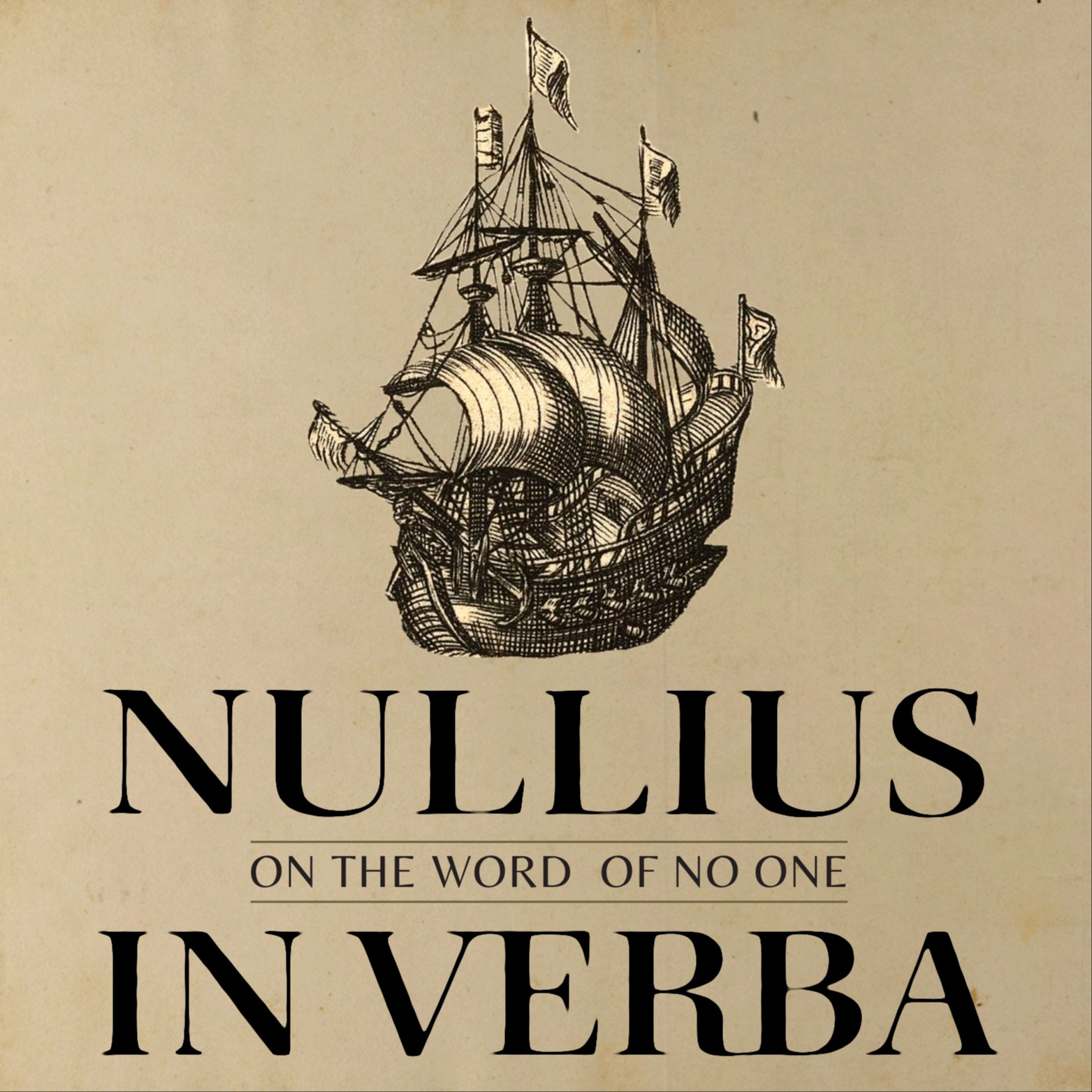
Nullius in Verba
Smriti Mehta and Daniël Lakens
The Disappearing Spoon: a science history podcast with Sam Kean
Sam Kean, Bleav
History of Philosophy Without Any Gaps
Peter Adamson
Narrative Now
Narrative Now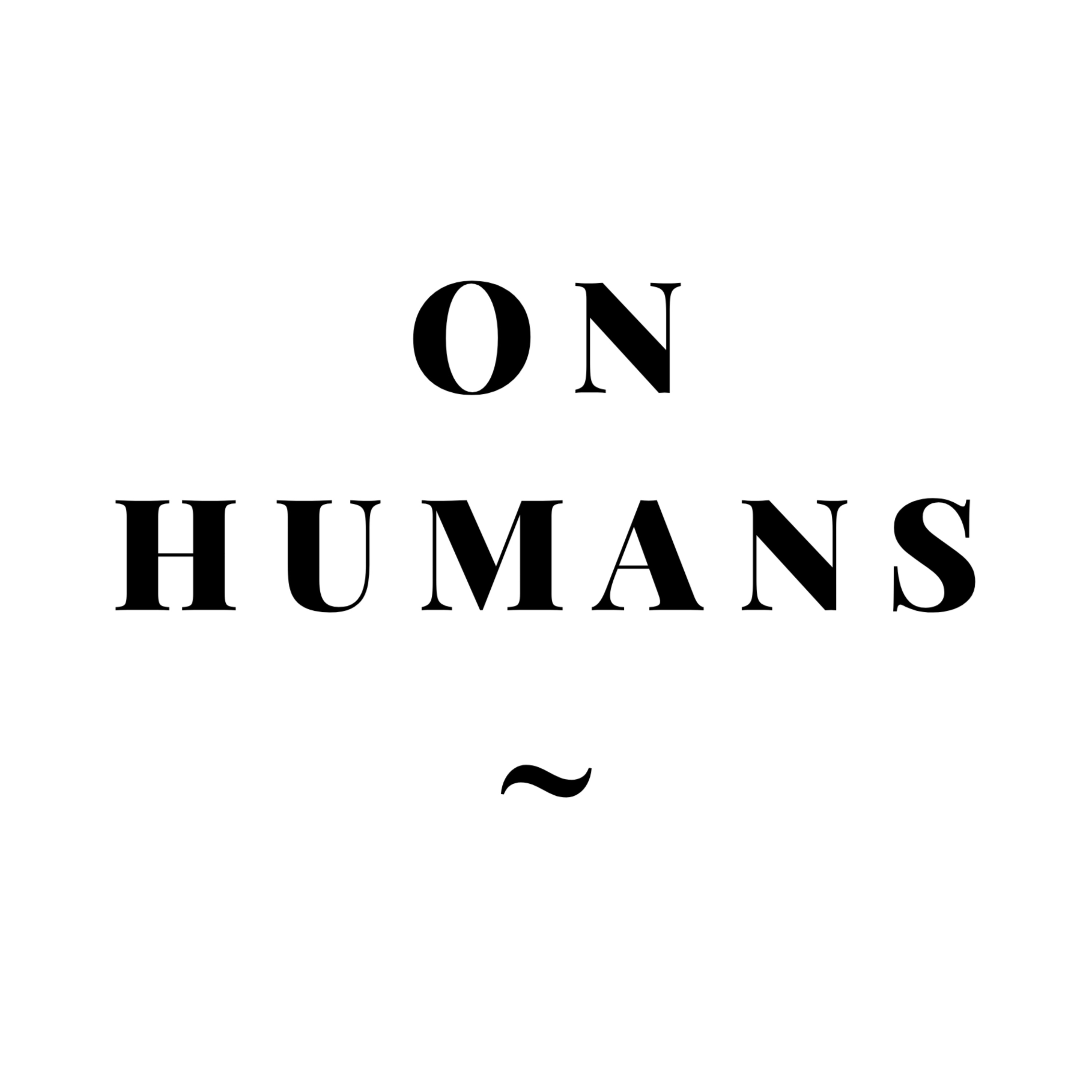
On Humans
Ilari Mäkelä